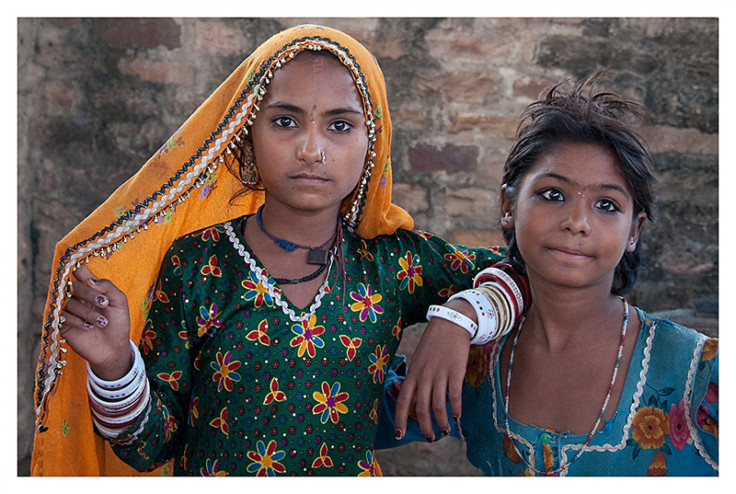Swiss Gang-Rape Victim: Who Are The Kanjara Tribe Of India?

According to reports in Indian media, some of the men arrested in the gang-rape and robbery of a Swiss tourist over the weekend in the central state of Madhya Pradesh were members of the Kanjar tribe, a nomadic ethnic group found across northern and central India, as well as in Pakistan.
The Kanjar also were characterized as a “criminal tribe” in that they have traditionally generated their income and livelihood from illegal means, including kidnapping, theft and prostitution.
In his book “Criminology and Penology,” Indian author Rajendra Kumar Sharma described the Kanjar as one of the most “notable” criminal tribes in the country.
Sharma noted that the Kanjar started out as entertainers, often performing song and dance for feudal lords and royalty. When they were replaced by more talented professionals, the Kanjar were forced to find new methods of income – namely they resorted to crime.
“They were hunters and dancers and also outlaws,” he wrote. “There are many folktales about the ancestors of Kanjars and all of them emphasize their dancing skill.”
The stigmatization and criminalization of the Kanjara is even coded into legislation.
In 1871, the British government in India officially listed the Kanjara under the Criminal Tribes Act as a tribe “addicted to non-bailable offenses.” In 1952, the post-independence government of India placed Kanjar under the Habitual Offenders Act.
The Joshua Project, a Christian ethnological association, estimates that the Kanjar population in India totals some 200,000, with about one-fifth of that figure in the state of Rajasthan.
Kanjar have developed such a bad reputation that in parts of northern India and Pakistan, the very term "Kanjar" means pimp or someone of low class (even if they are not members of the tribe).
Robert Vane Russell, a British ethnographer who wrote about Indian tribes and caste structures early in the 20th century, said "Kanjar" was a rather loose classification of various nomadic groups in central India, whom he described as being like "gypsies."
“They are a vagrant people, living in tents and addicted to crime,” Russell wrote.
“The women are good-looking; some are noted for their obscene songs, filthy alike in word and gesture; while others, whose husbands play on the sarangi [musical instrument], lead a life of immorality.”
Russell further stated that the Kanjars (and related peoples) drink alcohol and smoke tobacco, and frequently commit dacoity (i.e., acts of banditry and robbery).
“They eat all kinds of meat and drink liquors; they are lax of morals and loose of life,” he concluded.
India Today reported that tribes like the Kanjar (not all of whom are engaged in criminal activity) are severely stigmatized by mainstream Indians due to their bad reputation.
But it is true that many Kanjar girls are trafficked into prostitution by their own families, one of the few ways they can see for generating income.
Deutsche Welle of Germany reported on a group of Kanjar girls and young women working as prostitutes in Mumbai. An NGO called the Summitra Trust said that more than 1,200 women from the Kanjar (and a related tribe, the Nat) work in Mumbai’s Malwadi neighborhood sex industry alone.
Many of these women were born into the sex industry and are likely trapped there.
"If you see your mother who is a married woman doing household work from 4 a.m. to 11 p.m. and your aunt who is an unmarried sex worker, always dressed up and able to fulfill whatever you ask of her because she has money, then definitely a girl is going to take up to prostitution, not a married life," Surbhi Dayal, a researcher from Jawaharlal Nehru University in Delhi, told DW.
"They [the parents] decide around 10 to 12 years of age if a girl is quite talkative and attractive then she pursues sex work, but if a girl is shy or she is not very good looking ... she will get married.”
© Copyright IBTimes 2024. All rights reserved.





















